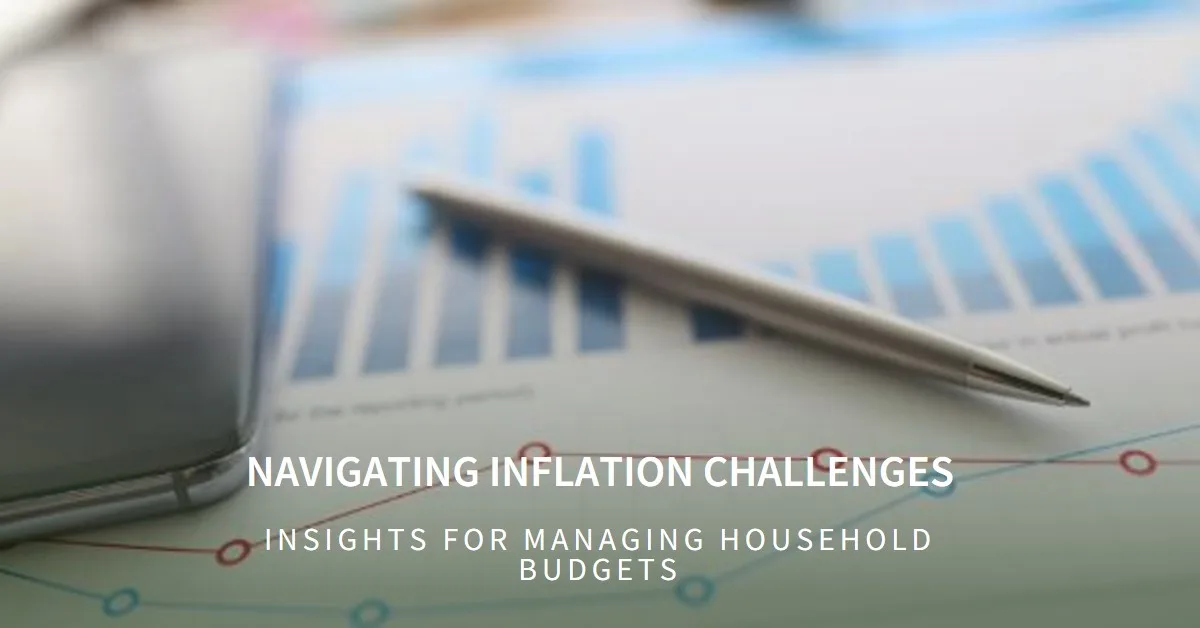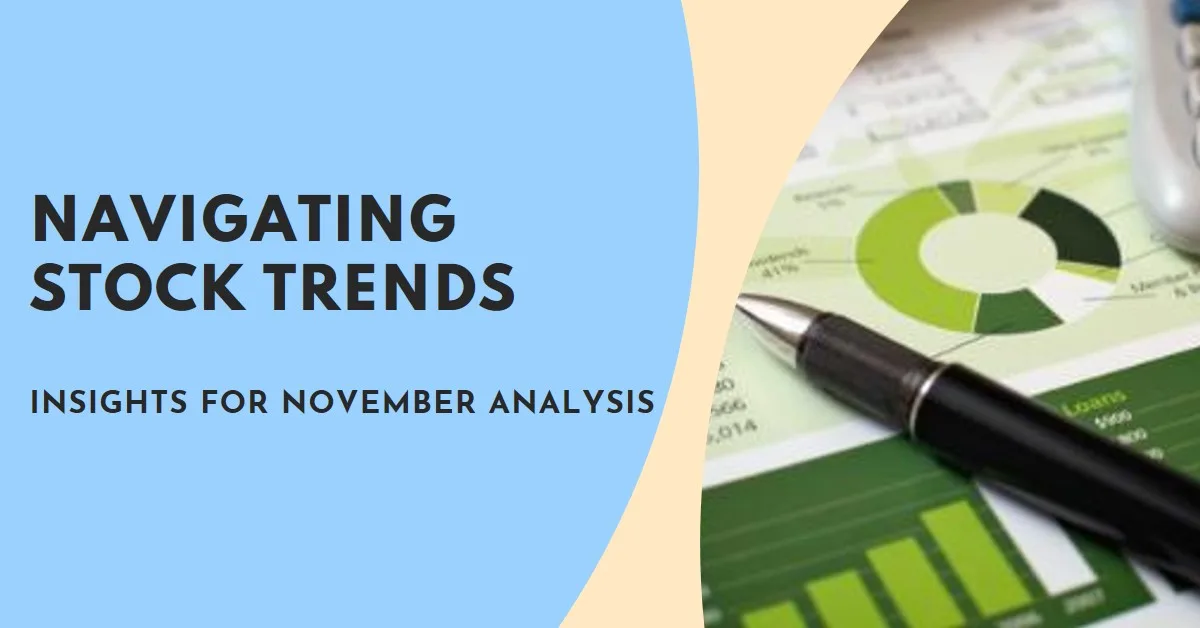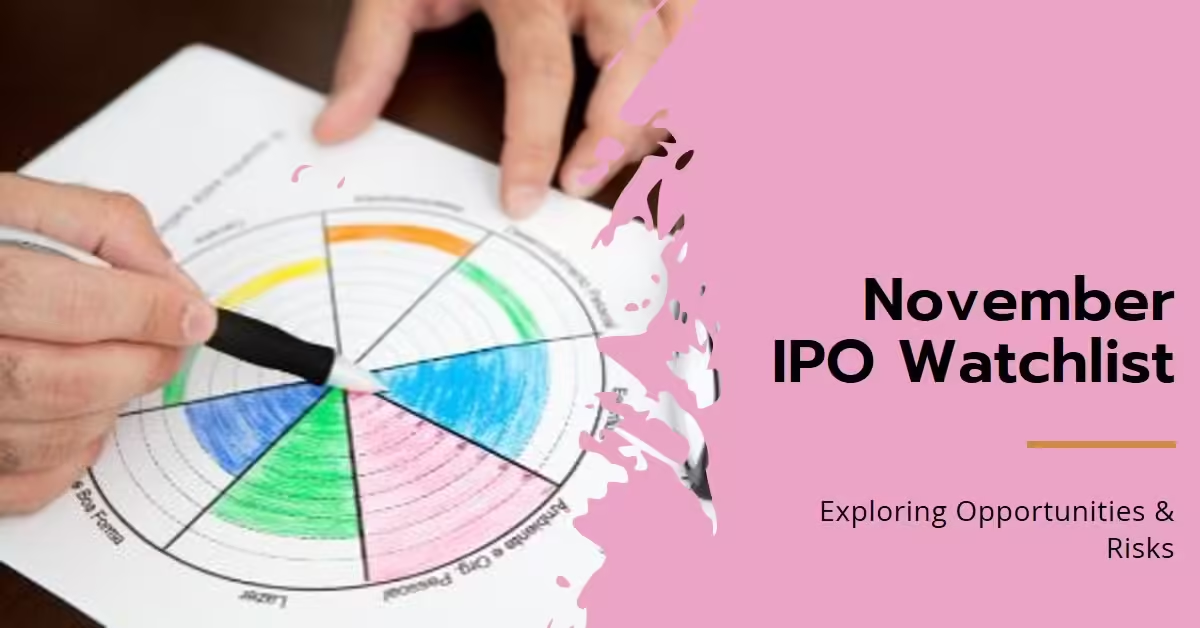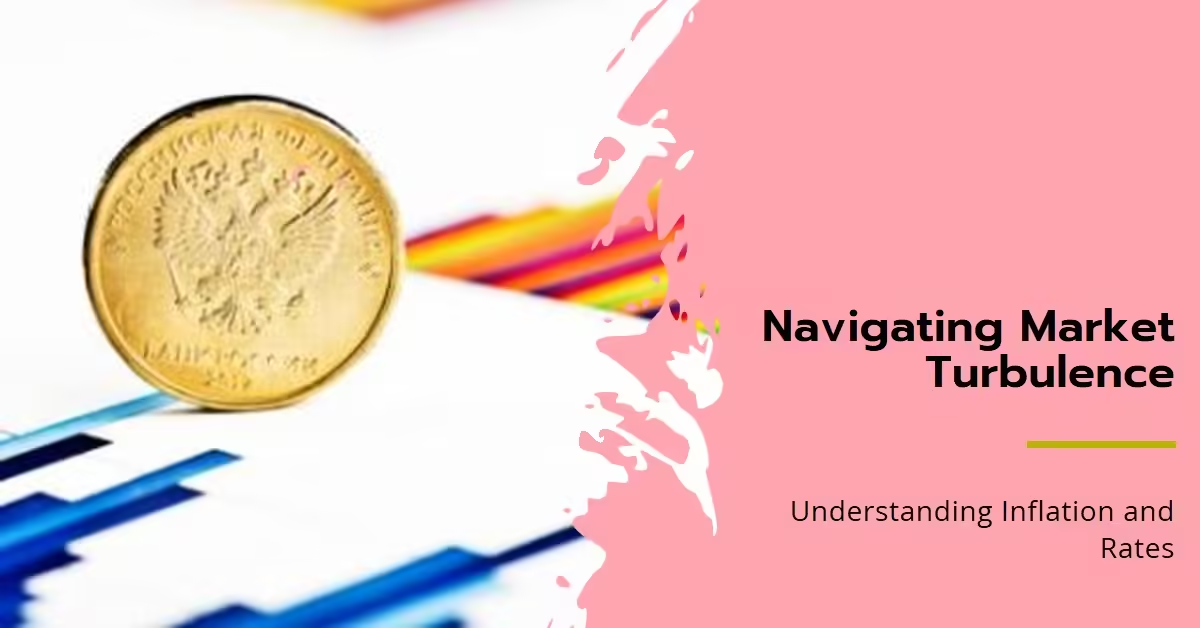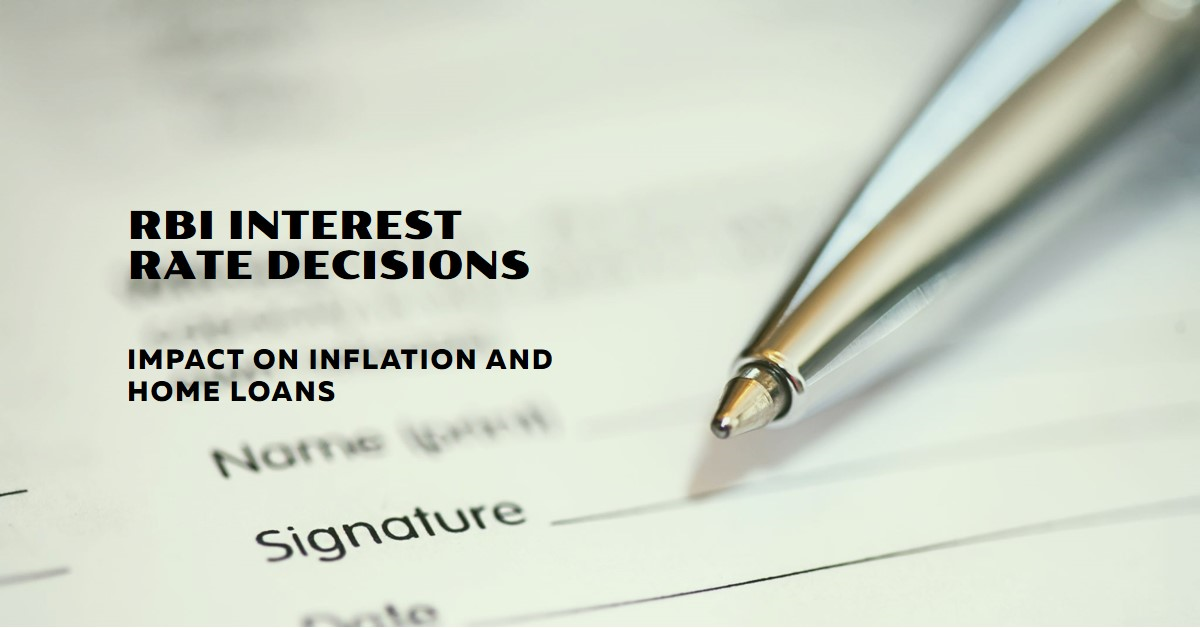
New York Times columnist Bret Stephens appears to be giving up on the “Never Trump” identity he embraced during the first Trump era, realizing that he and his media colleagues missed the mark following the 2024 election.
“It’s been more than nine years since I first denounced Donald Trump as a ‘loudmouth vulgarian appealing to quieter vulgarians.’ I’ve called myself a Never Trump conservative ever since, even when I agreed with his policies from time to time. I also opposed him throughout his run this year,” Stephens began his column, “Done With Never Trump,” Tuesday.
“Could his second term be as bad as his most fervent critics fear? Yes. Is it time to drop the heavy moralizing and incessant doomsaying that typified so much of the Never Trump movement — and that rendered it politically impotent and frequently obtuse? Yes, please,” he conceded.
Stephens acknowledged that Trump’s “sulfurous contempt” for the political elite, his “refusal to be shaped by their norms” and his “willingness to call out their hypocrisy” makes him a “hero” to his supporters, something of which he and other Never Trumpers “never quite got the point.”
“It wasn’t that we’d forgotten Clinton’s scandals or were ignorant of the allegations about the Bidens. It’s that we thought Trump degraded the values that conservatives were supposed to stand for. We also thought that Trump represented a form of illiberalism that was antithetical to our ‘free people, free markets, free world’ brand of conservatism and that was bound to take the Republican Party down a dark road,” Stephens wrote.
“In this we weren’t wrong: There’s plenty to dislike and fear about Trump from a traditionally conservative standpoint. But Never Trumpers also overstated our case and, in doing so, defeated our purpose.”
TRUMP MAKES BLIZZARD OF NEWS, SHOWS RESTRAINT AT PRESSER, EVEN WHILE SLAMMING THE MEDIA
The Times columnist went on to list several concessions, like his failed prediction that Trump “might stumble into World War III” as president, how the Russia collusion allegations “were a smear” and that Trump was “much tougher” on the Kremlin than the Obama and Biden administrations before the Ukraine war.
“We predicted that Trump’s rhetoric would wreck the Republican Party’s chances to win over the constituencies the party had identified, after 2012, as key to its future. But we missed that his working-class appeal would also reach working-class minorities — like the 48 percent of Latino male voters who cast their ballots for him last month,” Stephens told readers. “And we were alarmed by Trump’s protectionism and big-spending ways. But the economy mostly thrived under him, at least until the pandemic.”
CLICK HERE FOR THE LATEST MEDIA AND CULTURE NEWS
Stephens also admitted that he and other “elites” prioritized the issue of “democracy” while average voters cared about inflation and the immigration crisis.
“Why did Trump — so often deprecated by his critics as a fortunate fool — understand this so well while we fecklessly carried on about the soul of the nation?” Stephens asked himself.
“What else did we not sufficiently appreciate? That, as much as Trump might lie, Americans also felt lied to by the left — particularly when it came to the White House-cover-up of Biden’s physical and mental decline. That, as bigoted as elements of the MAGA world can be, there is plenty of bigotry to go around — not least in the torrent of Israel-bashing and antisemitism that emerged from the cultural left after Oct. 7. That, as much as we fear Trump could wreck some of our institutions, whether it’s higher education or the F.B.I., many of those institutions are already broken and may need to be reconceived or replaced.”
The longtime Trump critic is vowing to keep an open mind about the second Trump presidency, and urged other Never Trumpers to do the same.
“Let’s enter the new year by wishing the new administration well, by giving some of Trump’s cabinet picks the benefit of the doubt, by dropping the lurid historical comparisons to past dictators, by not sounding paranoid about the ever-looming end of democracy, by hoping for the best and knowing that we need to fight the wrongs that are real and not merely what we fear, that whatever happens, this too shall pass,” Stephens said.



